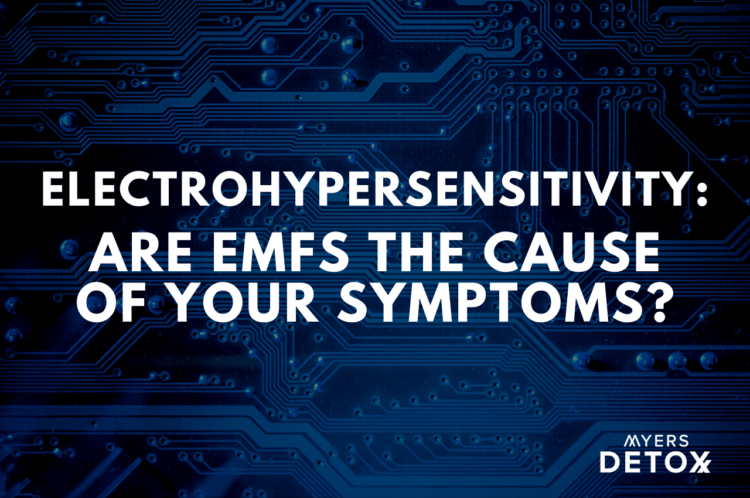The sensitivity to electromagnetic fields (EMF sensitive) is a condition where an individual has a high sensitivity to the electromagnetic fields that surround him. This condition is not limited to environments where there is no electrical current, but it can affect those who have an open circuit, or who are subject to magnetic fields over long durations of time. The Environmental Health Center-Dallas has a comprehensive understanding of the factors that cause EMF sensitivities, and can assist patients in treating their symptoms. The center can perform tests to determine whether the patient is at risk of EMF exposure. electromagnetic hypersensitivity syndrome is possible using new technology that can measure heart rate variation.
IEI-EMF sensitivity is a symptom of exposure to emf
Electromagnetic contamination and the resulting electromagnetic fields have been linked to the development of a variety of illnesses. The symptoms are often difficult to recognize, and some people have reported a range of symptoms. It could be because of pre-existing conditions or an ailment that is caused by exposure to high levels of electromagnetic fields. No matter the reason these symptoms can be debilitating for individuals who experience them. Despite this, the scientific community is still not sure how common the IEI-EMF sensitive syndrome is, and how widespread it is.
It is not a symptom of electrohypersensitivity
While the symptoms of electrohypersensitivity and EMF sensitivity are similar, there are some key differences. Electromagnetic hypersensitivity is often misunderstood and symptoms may vary. It is crucial to receive an accurate diagnosis in order to determine the underlying causes and possibilities for treatment.
It isn't a sign of EHS
Although EMF sensitivity is not an essential symptom of EHS but it is commonly associated with the disorder. Indeed, some studies suggest that the condition is related to environmental and genetic causes rather than any specific physical condition. However the need for more research to draw definitive conclusions.
It can be confusing
The symptoms of EMF sensitivity can be perplexing. Most EHS sufferers do not attribute their condition to a specific source. They seek medical treatment, but are unable to identify a cause for their condition. emf sensitivity is that they may have some sort of mental disorder which can cause an increasing feeling of despair and anxiety.
It can be frightening
Electromagnetic fields also known as EMFs, can be terrifying. emf sensitivity symptoms have reported unpleasant symptoms after exposure to these electromagnetic fields, which originate from devices like Wi-Fi routers as well as mobile phones. The symptoms vary in severity, however in the most severe cases, people have to avoid electric devices and fluorescent lighting. In extreme instances, those suffering may even withdraw from the modern world, living in isolated communities known as "EMF-free zone".
It is a good supplement to production of melatonin.
The most vital hormones in the body, melatonin, is synthesized in the pineal gland. It plays a role in a variety of physiological functions, including the regulation of circadian rhythm. However, its use as a factor of protection in the face of nonionizing electromagnetic field has been questioned mostly due to the inconsistency in results from different studies. The current understanding of this hormone's protective mechanisms is mostly based upon our understanding of the mechanism by which it protects your body from the oxidative stress induced by exposure to RF/ELF.

It can aid with autonomic nervous system issues.
Several studies show that EMF sensitiveness can affect the nervous system of autonomic control. Patients with the condition can have altered autonomic responses and may experience digestive issues. Certain patients may have difficulty digesting food properly , or be ill when they eat a smaller meal. Other patients may notice changes in body temperature, and have heat intolerance. These disorders are often secondary to other health conditions including diabetes.
